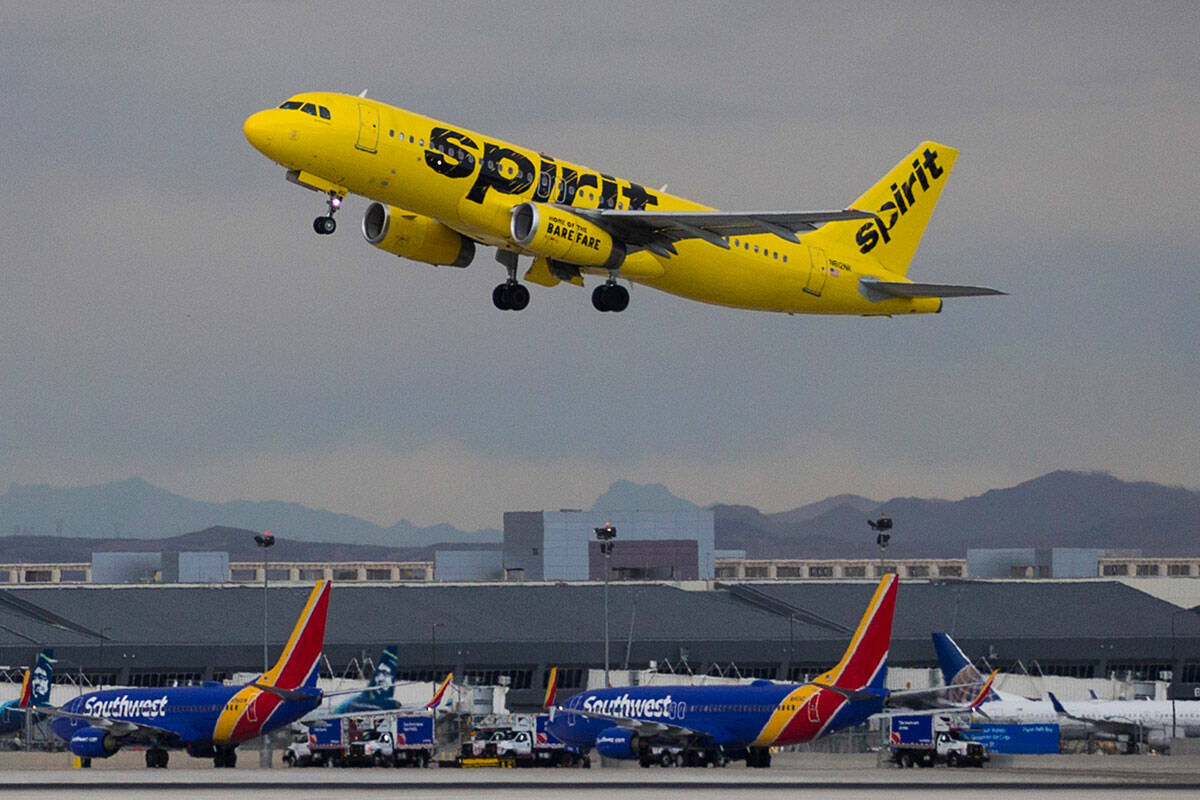US airlines may soon face cash penalties for delayed flights
If you’ve flown domestic in the U.S. in the last four years, you’ve likely faced at least one or two flight delays or cancellations—or worse, complete system outages—and found yourself footing the bill, without recourse from the airlines.
But there’s potential relief on the horizon: The Biden Administration is working full steam ahead on a proposed rule that would require U.S. airlines to provide compensation to passengers for controllable cancellations or delays of three hours or more. It may be issued as early as January 2025 and is expected to be a game changer for U.S. passengers and the U.S. aviation industry.
“This is not radical—we are late to the game on this as a country,” says Michael Negron, special assistant to the President for economic policy at the White House, speaking at an invitation-only meeting in Washington on Sept. 10.
This proposed compensation scheme would mean U.S. airlines would have to pay a set cash payment amount to each passenger on a disrupted flight, in addition to compensation for meals and lodging. The exact details and amounts are still being worked out.
A similar scheme has been in existence in the European Union for the past 20 years, which is applicable to U.S. airlines when they operate internationally. EU rules require airlines to compensate travelers between $275 to $660 for controllable cancellations and extended delays, depending on the flight distance.
“When an airline cancels a flight because of mechanical or staffing issues, the passengers should receive compensation for their troubles,” says Senator Edward Markey, D-Massachusetts, who serves on the U.S. Senate Committee on Commerce, Science and Transportation.
Delay compensation rules are already in place in other countries such as Canada, India, Saudi Arabia, Turkey, Brazil and China, and Australia is set to pass one this year, says Tomasz Pawliszyn, Chief Executive Officer at European consumer rights group AirHelp, who has been advising the U.S. government. If airlines were to choose to pass on the cost of these potential passenger refunds to the ticket price, it would amount to less than €1 or $1 per ticket, he adds.
Passenger complaints against U.S. airlines have quadrupled in the last four years, reaching a record in 2023 with just more than 61,000 filed. “The complaints in 2023 increased by 29% even though passenger volume increased by only 11%—that reflects how ticked off people are when they feel like things don’t go well,” says Teresa Murray, consumer watchdog director at U.S. Public Interest Research Group.
Of those complaints, 35% were for flight issues, 20% related to refunds, and 16% related to baggage. Although, she adds, overall cancellations have improved so far this year as have on-time rates.
Major U.S. airlines have disparate rules when it comes to how they handle delays. All 10 of them will rebook you on the same airline when your flight is disrupted or canceled and provide meals. Nine out of 10 will provide hotels and ground transportation, while just six will rebook you on another airline, and just three in 10 will provide a voucher. Currently none pay cash for any kind of cancellation or delay.
A spokesperson for Delta Airlines Inc. said they can’t comment on rulemaking that has yet to be issued. The carrier took an estimated $500 million hit this summer when a system breakdown led to thousands of canceled flights and prompted a federal investigation of the carrier’s response.
“Strong delay compensation rules in the U.S. would not only benefit consumers whose time is wasted through no fault of their own, it would create a powerful incentive for airlines to make investments so that delays do not happen in the first place,” says John Breyault, vice president of public policy, telecommunications and fraud at National Consumers League who moderated the announcement. He notes airlines already pay passengers for bumping them on oversold flights, damaged baggage and some international delays.
Indeed, the Biden Administration’s ultimate goal is to incentivize the airlines to provide better service. In Europe, flights have a higher on-time rate, which Negron says indicates there may be a strong correlation with the fact that the European airlines are required to compensate travelers. Last year just 1% to 2% of all travelers were compensated due to disruptions, AirHelp data confirms.
“Where there’s a clear standard, that is good for the industry and that is good for consumers because everybody understands what’s required,” Negron says. “That information can lead to improved services.”
This latest discussion on air travel delay compensation comes on the heels of a slew of regulations under the Biden Administration that have aimed to protect travelers and hold U.S. airlines more accountable. There’s the clarification of travelers’ rights on FlightRights.gov, a proposed rule to improve air access for passengers with disabilities, the recent rule requiring airlines to provide automatic and prompt refund to passengers in the original form of payment, affirmed in the FAA Reauthorization Act, and the proposed rulemaking to impose a ban on family seating fees.
“This is all part of trying to provide passengers with more assurances that, you will be OK,” says Negron, who adds they’re working as quickly as they can to iron out specifics. “We can’t make up for the fact that you had to spend nine hours away from your family stuck in an airport or hotel—but we can make sure the airlines are held accountable when it’s something they could have prevented.”

















